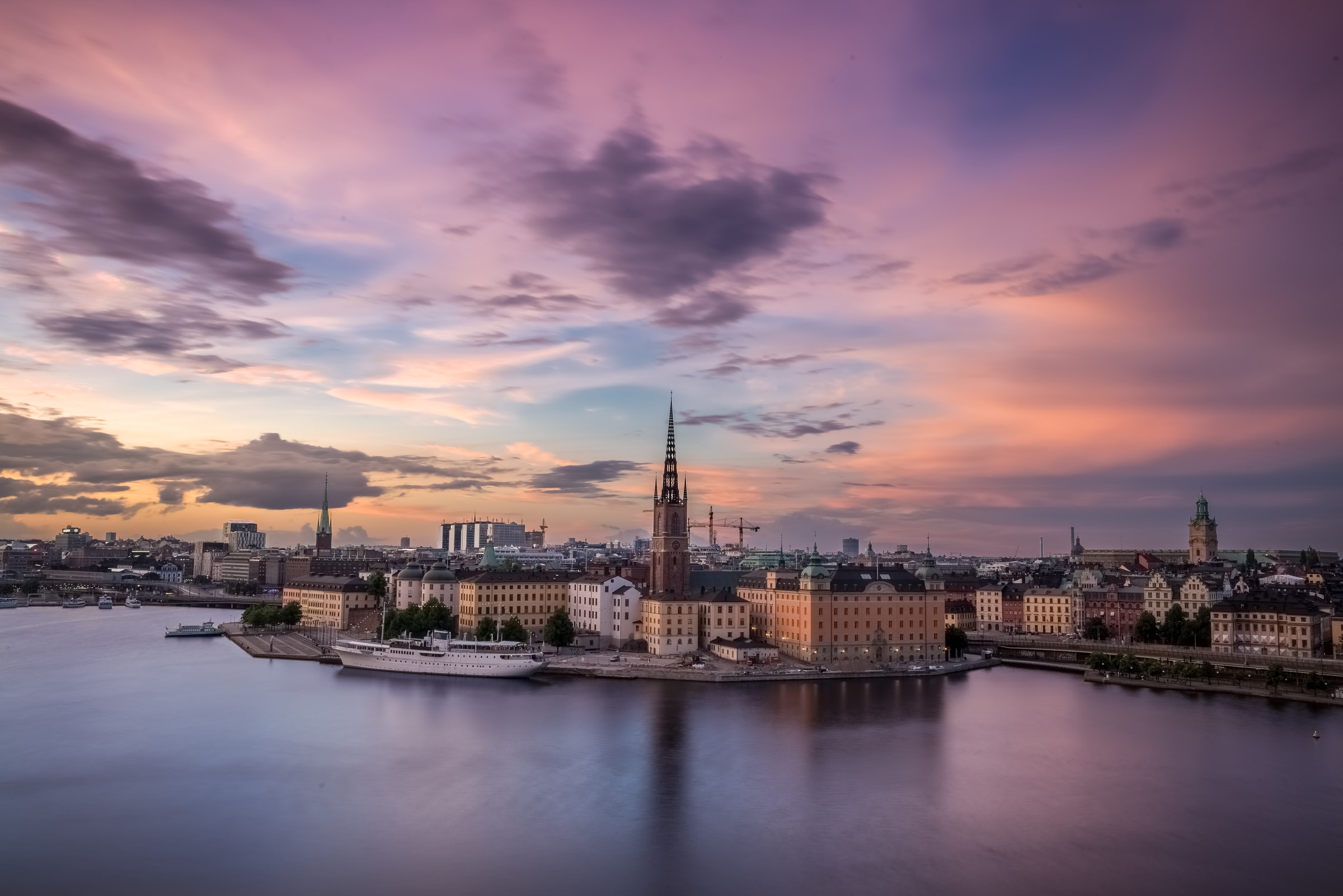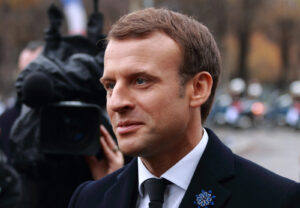As in most other countries, the war in Ukraine has dominated Swedish news in recent weeks. Our leading national dailies, Dagens Nyheter, Svenska Dagbladet, Expressen, and Aftonbladet, and the public TV channels SVT1 and SVT2 and TV4 follow the crisis continuously. In addition to constant news reports, debate programs and in-depth reports are held to analyze the crisis and track developments. Several foreign correspondents also cover the events on the ground in Ukraine and its neighboring countries.
Sweden’s neutrality in question
For Sweden, the issue of membership in NATO has become highly debated during the last few weeks. We have long been proud of our neutrality and freedom of alliance, which meant we were not pulled into the two previous world wars. A large part of the Swedish population has previously been against NATO membership as it was considered not beneficial for us.
Lately, however, opinion has fluctuated. More and more people are questioning why we are on the outside of NATO, as we are witnessing the crisis in Ukraine, which is not a member of NATO either. Until recently, many Swedes have believed that since we are a western country, the United States and NATO would still protect us in case of an invasion. However, this delusion has now been brutally challenged. Claes Levinsson, head of the Department of Russian and Eurasian Studies at Uppsala University, says in an interview that Sweden would end up in the same situation as Ukraine: “Of course, you get help in the form of support from the UN, sanctions, and that the world says it is horrible, but militarily you will stand alone.”
More people positive to military support
According to an opinion poll, a majority of Swedes are positive about Sweden sending weapons to Ukraine. Except for the Green Party and the Left Party, all parties in the Swedish parliament have also been for a weapon export to the country. After being subjected to severe pressure, even the Left Party gave in and proved open to reconsidering its position. However, they received a lot of criticism for this – in a debate article, 30 party comrades claimed that the party leader was making a great mistake and that “weapons have never been the solution to achieve peace.”
In other respects, there is a consensus among the Swedish parliamentary parties on the issue of Ukraine. Our recently appointed prime minister Magdalena Andersson has received much praise for how she has been handling the crisis. She has also participated in meetings with Finnish President Sauli Niinistö and US President Joe Biden, where strengthened defense cooperation has been discussed. However, according to her, a Swedish application to join NATO is not on the table at the moment. In a much-criticized statement during a press conference, she claimed that a Swedish NATO application would only destabilize our part of Europe right now.
Fear among the population
The Ukraine crisis is also the dominant topic of conversation among the population, in private conversations and social media. There is a clear and natural fear among Swedes, as we are geographically close to Russia and because the country has always been a significant threat to us since the Cold War. So the big question that many ask themselves is, is Sweden threatened, and what happens if Putin decides to attack our country too?
What further diluted this fear was that the Armed Forces reported that Russian combat aircrafts had invaded Swedish airspace, which was perceived as a serious violation by Russia. In a feature on TV4, the Swedish people were encouraged to find out where the nearest shelters were. A team of reporters visited one of these shelters, where a representative from the municipality informed about how they work in practice.
Sweden has received a lot of criticism for its poor preparedness during the corona pandemic and several previous disasters, which has led to the safety issue being put in focus. The Swedish military disarmament that has taken place in recent decades is now also being questioned, and many believe that Sweden, which has always been perceived as naive and “not seeing the crisis coming,” now has to step up and protect its population.
In the newspapers, there are articles about how to “prep” yourself at home in the event of a crisis and what to keep in stock at home. Other articles provide advice from psychologists on how parents can talk about the war with their children. Social media is filled with fundraisers for Ukraine’s affected population, and networks have been created for those who, for example, may offer housing to Ukrainian refugees.




